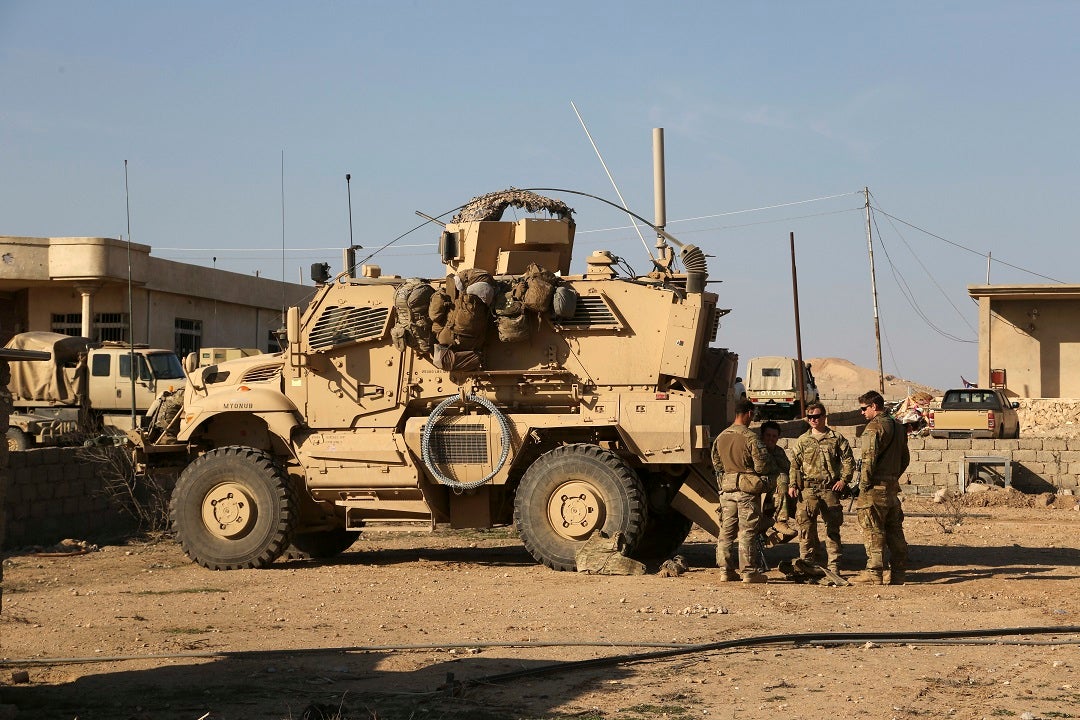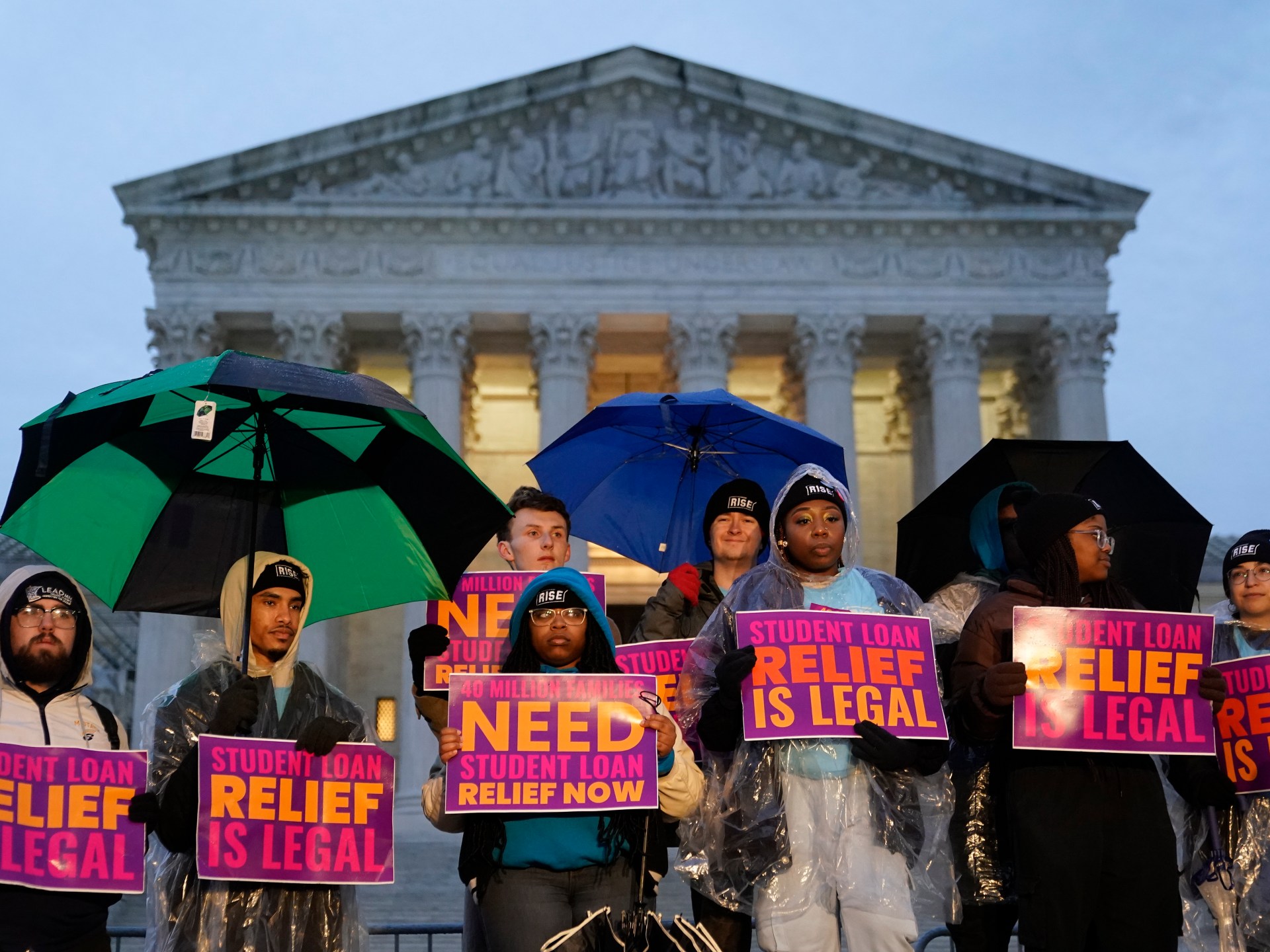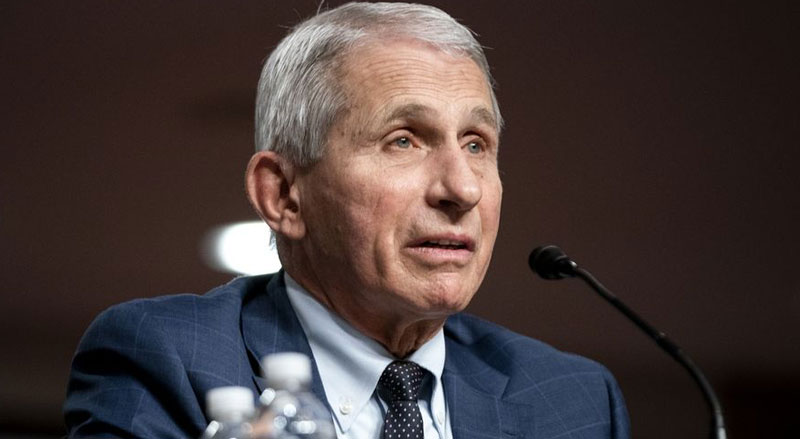The July 4th conversation we should have about the true cost of war
NEW York can now listen to Fox News articles!
My grandfather once relayed the extreme cost of freedom and how important it was for Americans to reflect on Independence Day. We sat on a deck overlooking a golf course where the sky bled red, white, and blue fireworks. He was a paratrooper with the 82nd Airborne during World War II, and when the national anthem played, he ensured we stood and placed a hand over our heart, reminding us that “freedom isn’t free.” He would have known, having lost friends during the war.
I was too young to understand his perspective at the time, but then one day found myself in Iraq aiming a rifle at a little girl in a yellow dress. She waddled near the alleyway of a mosque, arms full of munitions, and headed toward smoke plumes in the distance. Where the plumes rose, two of my teammates remained pinned down by heavy enemy fire, fighting to hold off overwhelming odds.
“You can shoot her,” a voice next to me chimed in. “Technically.”
AMERICA’S MILITARY AND VETERANS WITH PTSD HAVE A FIGHTING CHANCE TO HEAL
I didn’t know the little girl’s name, nor did anyone on my team, but she hung around our combat outpost. Most everyone at the outpost had interacted with her, as she was all smiles, laughter, and cheer. Between the candy, hugs, and attention, she was a frequent visitor, reminding other soldiers of their children back home. In return for the gifts we gave her, she’d pick us flowers, so we nicknamed her the “Flower Girl.” I had kept a yellow daisy in the pouch on my chest rig for weeks because I was so touched by her gesture.
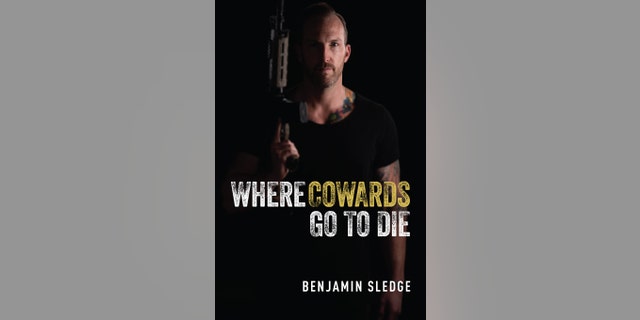
Wounded Iraq and Afghanistan veteran Benjamin Sledge’s new book “Where Cowards Go to Die.”
Peering through my scope, every emotion roiled, and I stood paralyzed. What do you do? Am I the type of person who shoots a child? Do I let the enemy get reinforced and sign my teammates’ death certificates?
My finger hovered over the trigger, while the other soldier eyed me curiously. “They do this, you know. Using children to ferry explosives or ammunition,” he said.
Slowly, I removed my finger from the trigger, stepped back from the edge, and handed the rifle over. I couldn’t even fumble for words, but he understood, then slapped my back and laughed.
“I just had to see what type of man you are. We don’t shoot kids. We’re American soldiers.”
This wasn’t technically true. I’d worked with a sniper named Stahvel who’d racked up an impressive number of kills. When talking one afternoon, he grew solemn, recounting an evening when insurgents tried setting up multiple improvised explosive devices (IEDs).
“The first couple guys went down like a sack of bricks,” Stahvel recounted. Then he paused before speaking in a hushed tone. “. . . then this kid ran out with an IED.”
I didn’t have to ask him to elaborate because I already knew. Stahvel and I would have several conversations over the months while on missions and patrols, ranging from our hobbies to what we’d do when we got home. Stahvel loved golf and planned to play a ton once he got home. He’d even played in some fancy tournaments as a scratch golfer. When pulling security one afternoon, he made a remark that rattled my confidence about the war effort.
“I’ve played against a few senators and congressmen on the golf course. They’re all rich. The difference between me and them is that they send me to war, and I pull the trigger for them.”
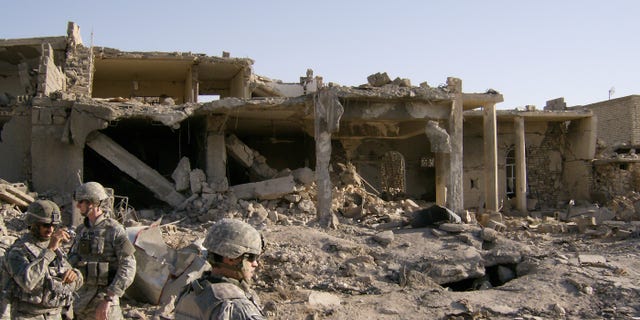
A photo from Benjamin Sledge’s time in Iraq.
His brutal honesty wasn’t what I’d expected, so I turned my full attention to him, ignoring my responsibilities. He continued to scan the horizon, peering through his scope, then said over his shoulder, “I’m just doing this until I get good enough to beat all their dumb asses and earn more money than we make in this godforsaken place.”
Back home, no one really knew about the harsh realities we faced daily. Politicians would visit, then return to their posh lives while we attended the funerals of guys we’d just talked to the day before. Then one day, you go home too. The experience is somewhat overwhelming. You’re in Iraq or Afghanistan with crowds trying to kill you, and the next thing, you’re home, and the crowd is yelling, “IT’S PUMPKIN SPICE LATTE SEASON!”
What became most evident after returning home from both Iraq and Afghanistan is that no one cared about the wars because they hadn’t affected their lives. War was background noise. The latest Kardashian scandal deserved more attention because dead soldiers in wooden boxes don’t go well with your morning coffee.
A year after returning home from Iraq, I awoke under a green, brown, and white striped duvet cover, the sun glinting through my window. Lying there in solace and quiet, a profound realization spread through me like a silent cancer. I’d joined the military at age 18 in 1999, and now a full decade older, all I’d known was war. I’d either been training for war, preparing to go to war, or off on another deployment. Now the Army Reserve unit I’d joined had informed me we’d be heading overseas soon, and, given my combat experience, they “needed” me.
Lying in bed, I recalled the dozen or so men I knew who’d been killed in action. Others had died by suicide. With no end in sight for either of the current wars, if I kept this tempo up, I’d certainly enter my 30s knowing only war. Or maybe I’d get killed. Worse, I might finally snap and kill myself. Without a draft, it was always the same men and women headed back overseas over and over again.
I left the service shortly after that epiphany.
But I never talked about war or the cost of freedom, even when I left the military. When you recount the ”Band of Brothers” moments where people are bleeding or dying or their heads are exploding, civilians grow uncomfortable. They try to be polite, but we see it in their body language, the fake smiles that communicate “you’re a monster.” Most times, we laugh to stay sane when recounting our worst moments. The larger population is so removed from the moral dilemmas we face in combat, our experience is alienating.
There is no community involvement or ownership in the dirty business of war. Of course, you hear the argument that soldiers “signed up to go,” so it’s on us, but that’s missing the point and shirking responsibility. We forget that because we live in a democracy, we vote to put men and women in charge of governing our affairs, and those elected representatives send troops overseas. We may have voted for someone else, but it doesn’t change the fact that we’ve put ourselves under the governance of the United States. When you live in a country, you submit yourself to its governing body and laws — even if you don’t vote or agree. So, while the citizen at home may not have pulled the trigger, he asked the soldier to go in his place.
Our wars differed from my grandfather’s. In retrospect, Afghanistan and Iraq became more like Vietnam. Like Vietnam veterans, I don’t know for certain anymore what our goals were, but the price we paid over two decades was astronomical. I do know that those of us who fought in the longest running wars in U.S. history kept other young men from being drafted. In the end, it cost us much of our lives, our sanity, and our youth.
CLICK HERE TO GET THE OPINION NEWSLETTER
Of course, “freedom isn’t free.” When I was that kid standing next to my grandfather, I bought into the jingoistic, nonsensical version of the phrase. These days, I nod in solemn respect, understanding the cost we often forget — that freedom always requires blood. No war has ever been fought without men and women facing heartache, separation from families, morally questionable decisions, and death to ensure that the rest of the populace isn’t exposed to the horrors of combat. Men and women in uniform die in each other’s arms, washed in viscera and tears, while the rest of America sleeps.
But for those of us that fought?
CLICK HERE TO GET THE FOX NEWS APP
We remember the staggering cost of our neighbors’ liberty that was bought where our bloodstained sand, jungles, and mountains in lands far from home.
Each Independence Day, all we ask is that you, too, reflect on the high cost of your freedom.

